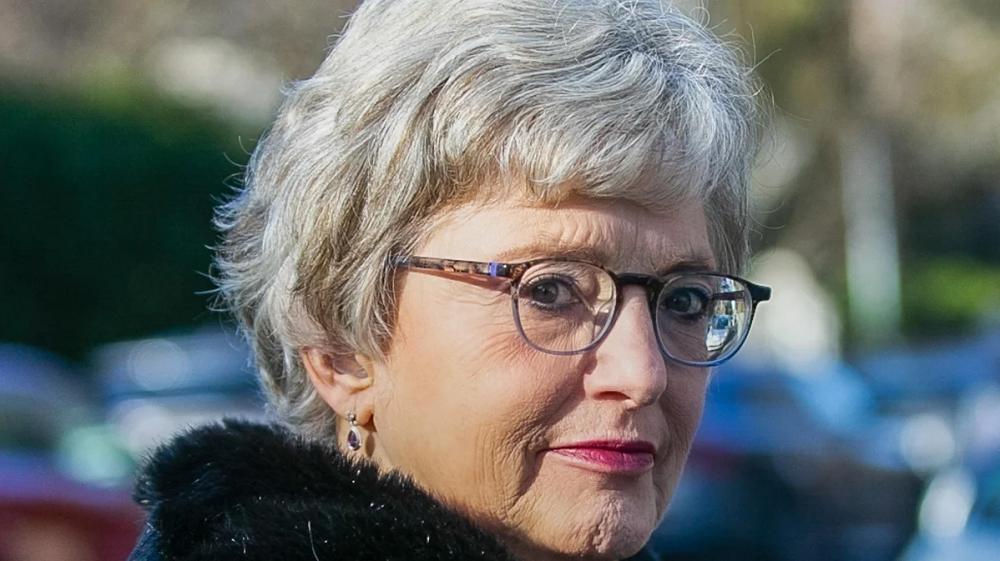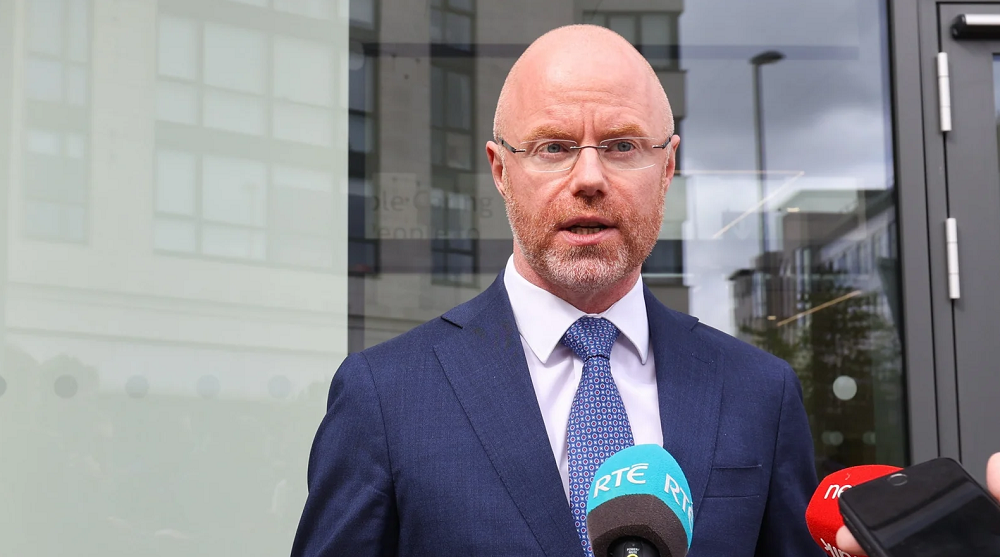Today the nation’s politicians pack their lunchboxes and sharpen their new pencils as they return to the Dáil after a summer holiday plagued by controversy and crises.
While there may be light at the end of the proverbial Covid tunnel on 22 October, there remain core national policy issues that the public want to see progressed.
Micheál Martin now has barely a year left until the Changing of the Guard Taoiseach. He must push forward big-ticket items and round out this Fianna Fáil leadership with some landmark success to point to.
Leo Varadkar now has twelve months to take a long hard look in the mirror and regain public popularity, not just that of his party faithful.
As we begin a new Dáil session and enter the final months of 2021, the Government and the Dáil will need to face four major issues head on.
1. Trust issues
From #GolfGate to #MerrionGate, trust and understanding in our political elite has slowly worn thinner.
The latest debacle involving Simon Coveney and Katherine Zappone is dragging on. Political opposition and the public refuse to let it slide while top-tier ministers do all they can to bury it fast.
But to steer the public, Government, and the wider parliament out of the remnants of this pandemic and back to business as usual, a significant exercise in trust-building, transparency, and communication will be required.
In June, an Irish Times poll showed Sinn Féin continuing to make gains. To avoid a challenging time getting legislation through, the coalition now needs an honesty check and for key members of Cabinet to be held clearly and swiftly accountable for their actions.
No one wants this latest controversy to linger, but it cannot just be swept under the carpet.

2. Back to work
As the next Budget looms, and with several prominent sectors crying out for staff, focus must turn to getting people back to work. The Government plans to continue winding down the PUP in an attempt to incentivise those who haven’t been able to work during Covid back to their previous occupations.
This is of course critical for the recovery of many sectors as well as the economy overall. However, it is also crucial that the next Budget carefully balances the shift away from emergency responses towards longer-term implications for unemployment and job-seekers schemes.
This will be no easy feat in a Dáil divided down the middle. The coalition is inevitably blasted as elitist while the opposition is accused of hampering progress as the old stereotypes get thrown across the chamber.
The Government will need to make this Budget work for everyone and create an environment of optimism, encouragement, and confidence.
3. Caring for the nation
Although Covid is not yet—and may never be—‘defeated’, Government must now steer the public health system towards addressing the fallout from the pandemic.
Against a backdrop of almost one million people on hospital waiting lists, trolley crises, and overcrowding, and an expected financial recognition of the work done by healthcare staff during the pandemic, there are many competing priorities in this policy area to progress, agree, and implement.
This is an area where Sinn Féin have been particularly strong, taking the opportunity to bring forward their own proposed strategies for tackling the deficits, vacancies, and pressures in the system in the vacuum of Government action on anything other than the immediate Covid response.
With plenty of career highs and lows over the past year and a half, Minister for Health Stephen Donnelly now needs to step up and make clear, robust, and measurable impact if he is to regain support and get all parties behind the continued implementation of Sláintecare.

4. Housing
Several delays and arguments later, the Government has finally announced its new ‘Housing for All’ plan. But after years of calls on political leaders to put plans into action and for policy to make housing affordable and available, there is scepticism that this latest, nicely designed document is just another flash in the pan moment that will fail to deliver.
Alongside health, housing was one of the major considerations for voters during the last general election. Added to this the dramatic impact felt by the construction industry during the pandemic (and Brexit), getting to grips with Ireland’s housing problem and making any form of progress is going to need strong leadership and cooperation not only with Dáil representatives but also regional authorities and the industry itself.
Already no stranger to criticism, Minister for Housing Darragh O’Brien has some legwork to do to bring all stakeholders to the table and onto the same page.
And the rest…
…Brexit, climate action, Afghanistan. There is so much more that this Government will have to handle and handle well.
In addition to the task of implementing many long-term legislative and reform objectives nationally, there are other contentious packages coming down the tracks from Europe. The Government’s CAP Strategic Plan 2023-2027 is one example where messaging and tone will make or break both the performance of some of the Cabinet’s key players and how it lands among core stakeholders.
As the lone Anglophones in the EU and with a new seat at the UN Security Council, Ireland is now punching above its weight on the global stage. It cannot afford a mutiny back home unsettling the opportunities these positions bring.
Getting the support of the Irish public is paramount for this next parliamentary term. Cabinet will have to rely on its safe spokespeople—those who can navigate public sentiment, manage media scrutiny, and respond strategically to business concerns.

About the author
Lauren brings nearly 10 years of experience in public affairs, communications, and project management to 360. She has a special interest in European affairs, policy and energy, having previously worked at national electricity utility EirGrid, the UK’s Foreign and Commonwealth Office, the Council of European Energy Regulators, and the European Parliament. Lauren has lived and worked in Ireland, the UK, Belgium, and France, and is fluent in French.
